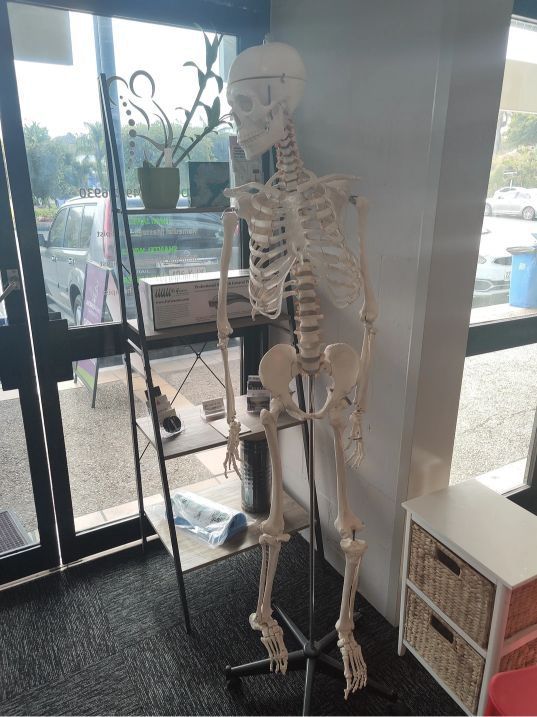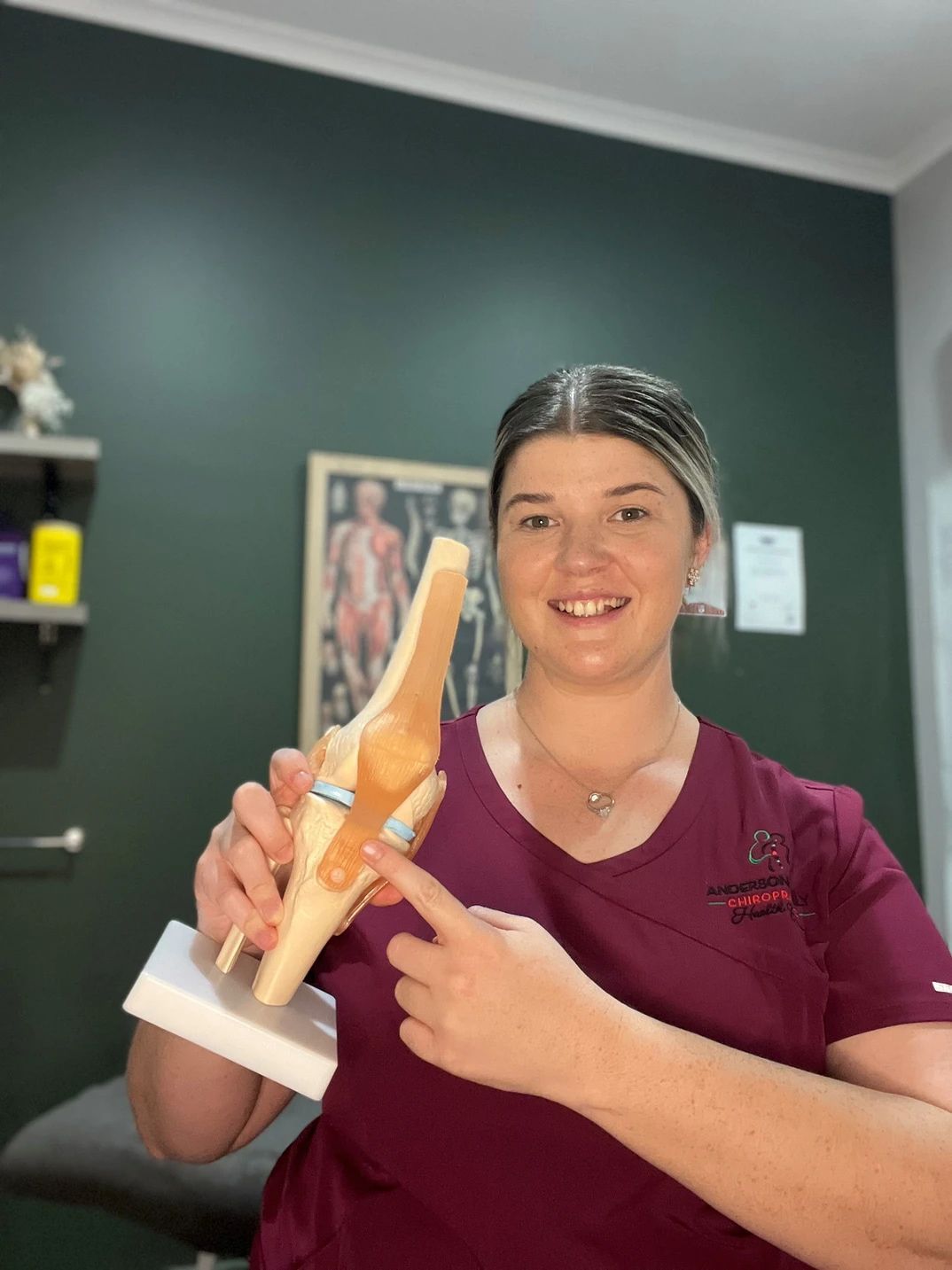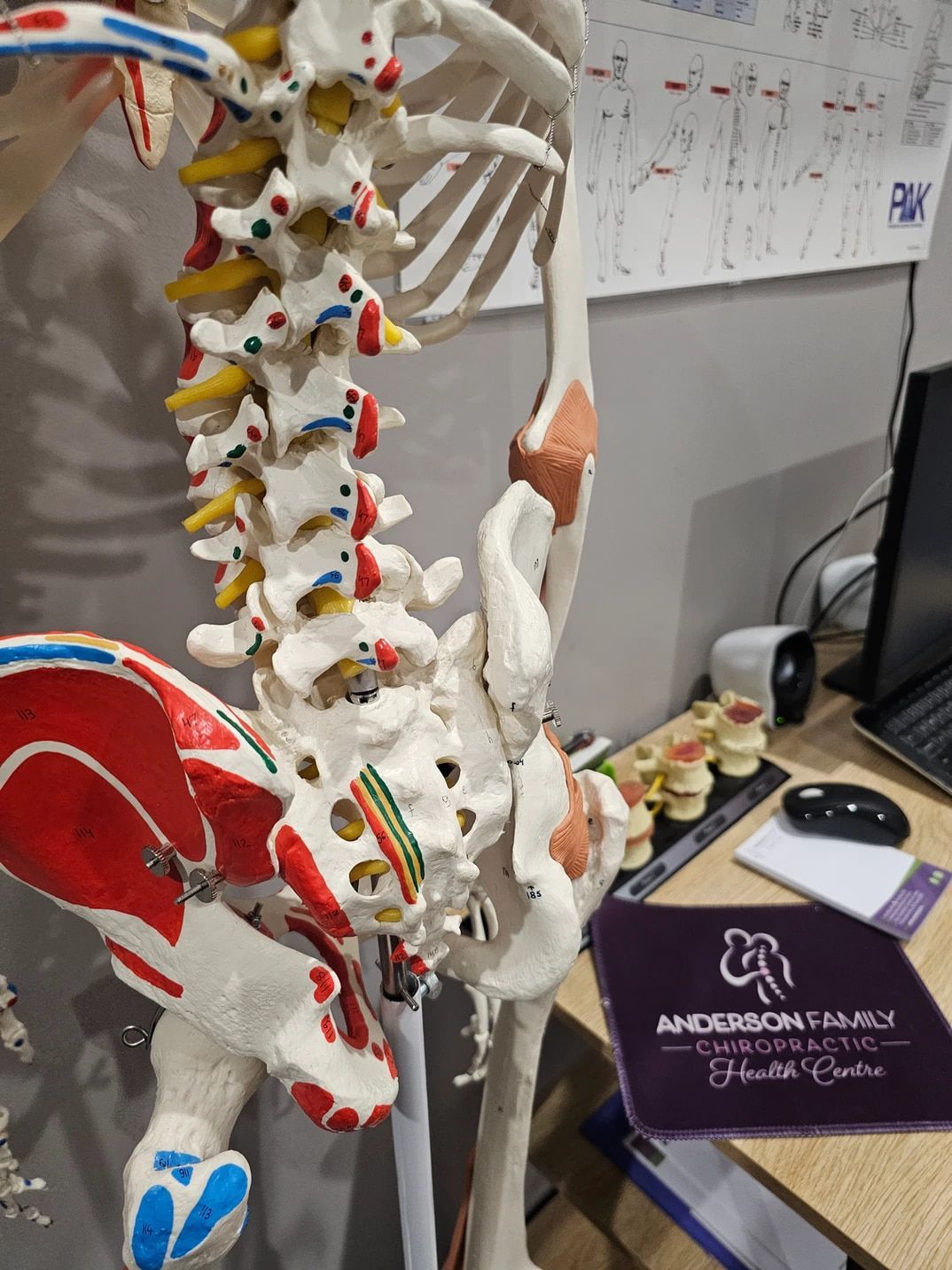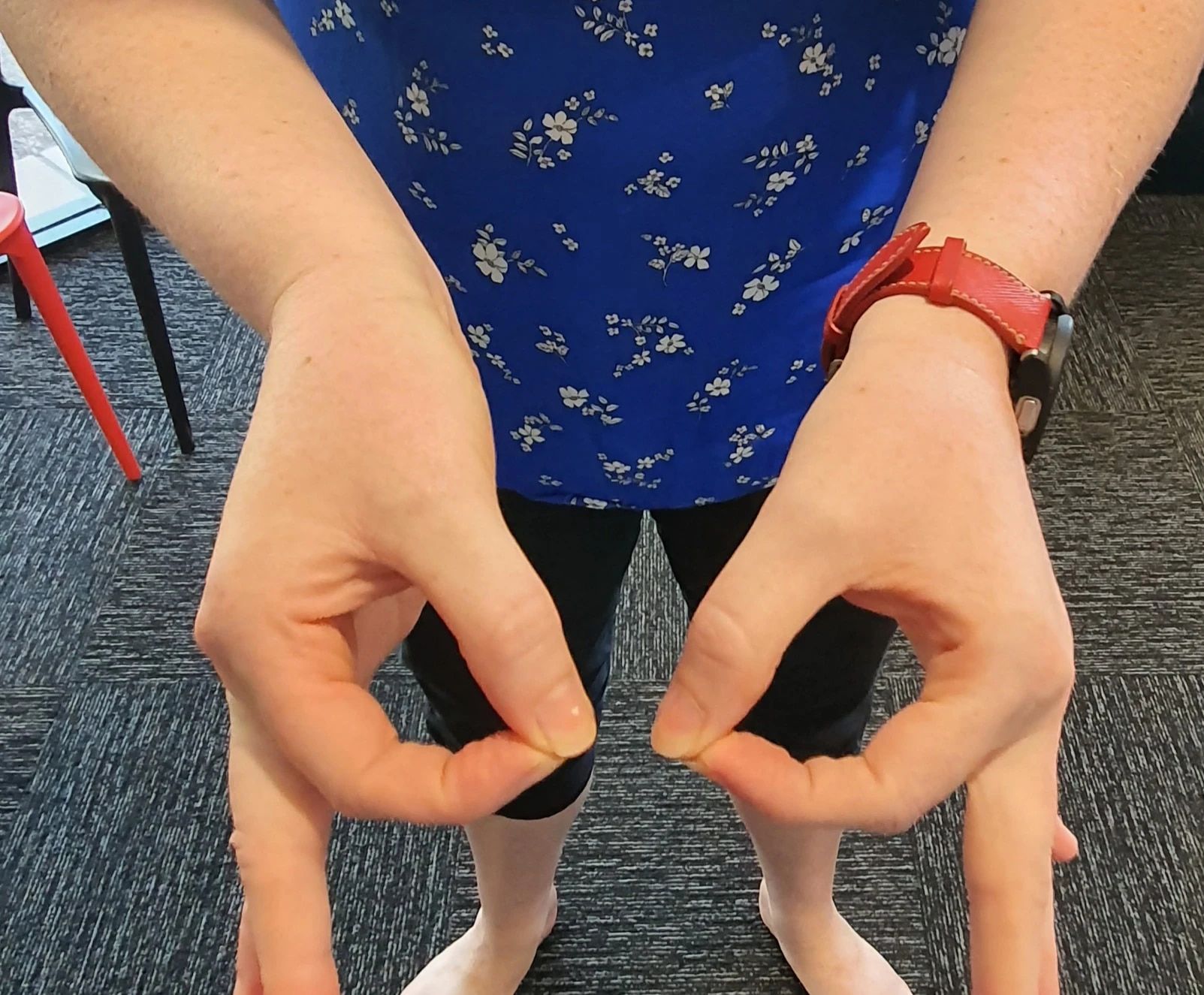Are you metal enough? A look into Iron deficiency Anaemia and fatigue
In our day and age, fatigue is extremely common. It seems as though once you hit the teenage years and have responsibilities, it all starts going downhill from there. Usually fatigue comes from one of 3 factors; physiological, psychological and occupational. Occupational fatigue is due to work and its related stressors such as long hours, excessive work and stressful situations. Psychological factors include relationship stresses, social stresses and mental health issues such as depression. However physiological stresses are the most common and the most extensive. This blog post will be discussing these stresses, and in particular nutritional deficiencies which contribute to fatigue.
Physiological stresses on the body which contribute to fatigue include sleep deficiency, nutritional deficiency and lack of exercise. Lack of exercise is pretty self explanatory, with sedentary lifestyles having a major impact on energy levels within the body. Sleep deficiency is a bit more complex, with quality and quantity of sleep being important in combating fatigue. After all, you can usually feel more refreshed after a good 6 hour sleep than a bad 8 hour one. Things that can help with this is limiting screen time before bedtime, only using your bed for sleeping and setting a particular bedtime and sticking to that rhythm. Lastly and most importantly, diet and nutrition are heavy contributors when it comes to sleep quality and fatigue.
Nutrient deficiencies that have been found to contribute to fatigue include Vitamin D, B12, Magnesium, Iron and Potassium. Firstly Vitamin D, which is sourced from sunlight, helps individual cell metabolism and energy creation. Secondly, B12 or Folate is sourced from leafy greens and allows the body to produce red blood cells, which when deficient decreases the ability of the body to supply oxygen to the cells. Magnesium deficiency causes weakness within the muscles, not so much a feeling of fatigue as more weakness or heaviness. Potassium deficiency can cause weakness in the muscles as well as a decrease in how effectively your body can metabolise nutrients and integrate them into the cells. However, the most common and well known is iron deficiency.
Iron deficiency anaemia is a condition which starts as a deficiency of iron within the body, however this causes many follow-on effects. Firstly, iron is integral as a building block for haemoglobin, the component of blood which stores and carries oxygen to the cells. Without oxygen, the cells cannot produce energy and will decrease function and weaken. When the body starts to run low on oxygen, it reroutes the blood to the organs for important functions and takes it away from the limbs and less important areas. This causes tiredness, numbness and tingling in the areas lacking blood, just like when you sit or lay on your arm and it goes numb. However, if this doesn’t work to increase oxygen to the brain enough, it can cause chronic headaches, lightheadedness or dizziness. Here at Anderson Family Chiropractic in Mackay we often see patients who complain of muscle weakness, tingling and numbness in limbs, and fatigue and we find that frequently Chiropractic care and/or soft tissue work or Remedial Massage can help with these issues. Ultimately this type of anaemia will require a diagnosis and treatment by a GP with supplementation, so if you find that no matter how much you sleep you still feel fatigued and suffer from these symptoms, you may want to consult your GP to discuss possible causes.
Iron deficiency anemia - Symptoms and causes. (2020). Retrieved 17 July 2020, from https://www.mayoclinic.org/diseases-conditions/iron-deficiency-anemia/symptoms-causes/syc-20355034
Tardy, A. L., Pouteau, E., Marquez, D., Yilmaz, C., & Scholey, A. (2020). Vitamins and Minerals for Energy, Fatigue and Cognition: A Narrative Review of the Biochemical and Clinical Evidence. Nutrients, 12(1), 228. https://doi.org/10.3390/nu12010228
Here we see a severely anaemic patient.....almost terminally so (poor Harold has seen better days)











